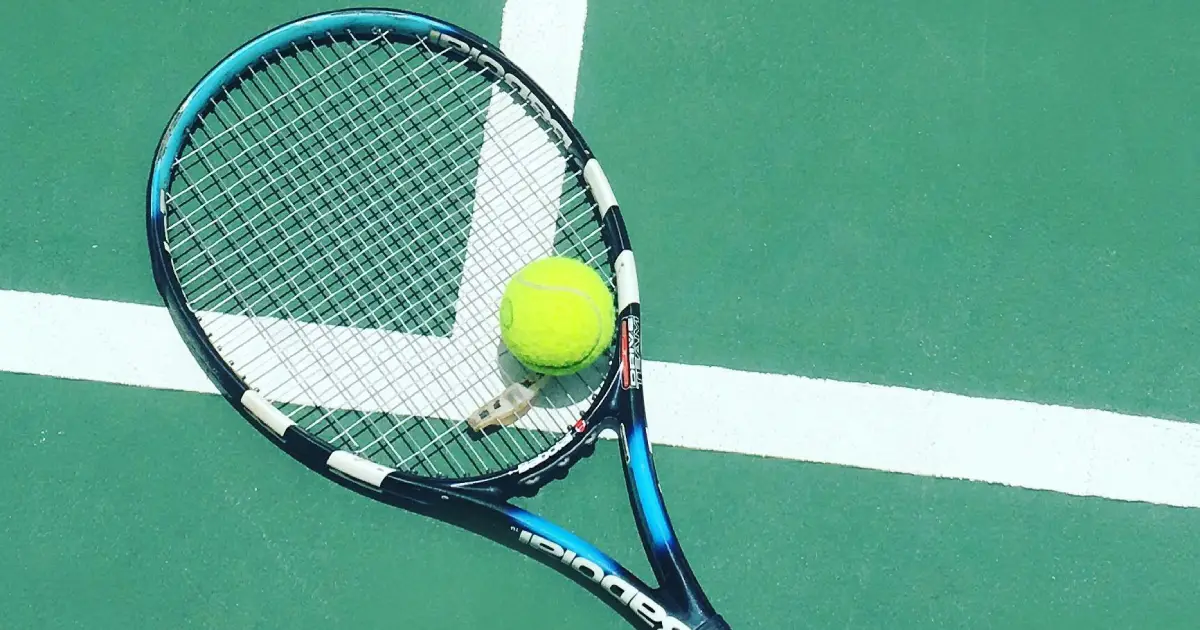Five more Belgian tennis players banned for corruption
Professional tennis has been rocked once again by a major match-fixing scandal involving five Belgian players sanctioned by the ITIA. The athletes – Yannick Thivant, Thomas Setodji, Thomas Brechemier, Gabriel Petit and Hugo Daubias – were found guilty of manipulating matches between 2017 and 2018, in connection with a vast illegal betting network orchestrated by Grigor Sargsyan, who has already been sentenced to five years in prison. The penalties range from a two-and-a-half-year suspension to a lifetime ban, along with heavy fines. This case, which comes on top of a series of similar sanctions imposed since January, reflects the ITIA’s determination to take a firm stand against corruption in tennis, while reiterating the urgent need for greater vigilance in the face of a scourge that undermines the integrity of the sport.
The tennis world has been rocked once again by a match-fixing scandal. The International Tennis Integrity Agency (ITIA) has announced heavy sanctions against five Belgian players, found guilty of manipulating matches as part of a vast criminal network. The case, which has international ramifications, follows a lengthy investigation into the infamous sports betting syndicate headed by Grigor Sargsyan, who has already been convicted by the Belgian courts.
Corruption network dismantled
The ITIA recently announced severe sanctions against five tennis players involved in a vast match-fixing network in Belgium. The case, which dates back to 2017 and 2018, is linked to the syndicate headed by Grigor Sargsyan, who was sentenced in 2023 to five years in prison.
The players involved are Yannick Thivant, Thomas Brechemier, Gabriel Petit, Thomas Setodji and Hugo Daubias. Each of them was found guilty of offences under the Tennis Anti-Corruption Programme (TACP) for manipulating match results and facilitating illegal betting.
Yannick Thivant, 38, received the most severe sanction: a lifetime ban from all tennis-related activities. According to OHA Richard McLaren, Thivant’s actions ‘require the imposition of the most severe sanctions’. Thivant admitted to fixing 22 matches between 2017 and 2018, including 16 of his own matches. In addition to a lifetime ban, he must pay a fine of $75,000 and make restitution of €37,400.
Thomas Setodji, 29, was suspended for 10 years and fined $20,000 with €5,500 restitution. He was found guilty of fixing three matches in 2017 and failing to report a corrupting approach in 2018. His suspension runs until 31 March 2035.
Thomas Brechemier, 28, received a suspension of seven years and six months, effective until 11 August 2032. He admitted to fixing 11 matches between 2017 and 2018 and must pay a fine of $40,000, of which $27,500 is suspended.
Gabriel Petit, also 29, was suspended for six years and six months and fined $45,000. Charles Hollander noted that Petit did not respond to the charges against him.
Hugo Daubias, 31, was suspended for two years and six months and fined $15,000, of which $10,000 was suspended. He admitted to fixing a match in 2017.
A persistent scourge in tennis
These sanctions are part of the ITIA’s ongoing efforts to eradicate corruption in professional tennis. Since Sargsyan’s conviction, several players have been sanctioned for their involvement in this match-fixing network. By January 2025, six other players had already been banned for similar offences.
The ITIA stresses the importance of reporting any suspicious approach and reminds players that they are responsible for maintaining the integrity of the sport. These measures are intended to deter any future attempts to manipulate results and preserve the credibility of professional tennis.
These revelations have provoked mixed reactions in the tennis world. Some believe that these sanctions are necessary to protect the integrity of the sport, while others are concerned about the impact on the careers of sanctioned players.


